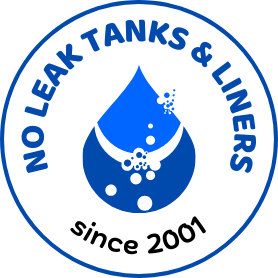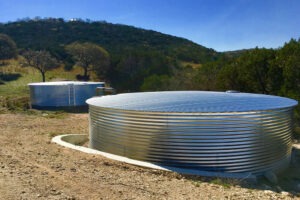There is no item in your cart
Extending the Lifespan of Tanks with Industrial Tank Liners
Water tanks are the backbone of many Australian businesses. They store everything from rainwater for irrigation to critical process water for industrial applications. But even the sturdiest tank can succumb to wear and tear, leading to leaks, corrosion, and contamination. So, here’s where industrial tank liners come in. Indeed, it is a reliable and cost-effective solution to extend the lifespan and functionality of your tanks.
Understanding Industrial Tank Liners
Water tank liners are essentially custom-made inner layers installed within your existing tank. They create a barrier between the stored liquid and the tank wall. As a result, offering numerous benefits:
- Leak Prevention: A high-quality tank liner prevents leaks and seepage, safeguarding your stored water and minimizing environmental risks.
- Corrosion Protection: Durable tank liners shield the tank walls from corrosive materials, thereby extending the lifespan of your tank and reducing maintenance costs.
- Improved Water Quality: Industrial tank liners made from food-grade materials ensure your stored water remains clean and uncontaminated, crucial for applications like drinking water or irrigation.
- Versatility: Water Tank liners come in various materials to suit different applications. For instance, ranging from cost-effective PVC for rainwater tanks to heavy-duty polyethylene for industrial storage.
Choosing the Right Tank Liner Material
The ideal tank liner material depends on several factors:
- Contents of your tank: For potable water, food-grade liners are essential. On the other hand, for industrial applications, chemical-resistant liners like HDPE may be required.
- Tank size and shape: Liner materials come in different thicknesses and flexibilities to accommodate various tank sizes and shapes.
- Budget: Costs can vary depending on the material, thickness, and size of the liner.
Comparison of Common Tank Liner Materials
Furthermore, here we have a quick comparison of some common tank liner materials:
- PVC (Polyvinyl Chloride): A cost-effective and versatile option for rainwater tanks and non-potable water storage.
- HDPE (High-Density Polyethylene): A strong, durable, and chemical-resistant option for industrial applications and harsh environments.
- Butyl Rubber: A highly flexible and puncture-resistant option suitable for tanks with complex shapes or uneven surfaces.
No Leak Tanks & Liners: Your Partner in Tank Solutions
At No Leak Tanks & Liners, we offer a comprehensive range of high-quality tank liners to suit your specific needs. Our team of experts can help you assess your requirements. Plus, they will also recommend the most suitable tank liner material for your application.
So, what are you waiting for? Contact us today for a free consultation. Discuss how a good tank liner can optimize your water storage solution! Whether you need domestic, commercial, or industrial tank liners or durable tank liners, we look forward to assisting you in ensuring the longevity and performance of your tanks.


Leave A Comment